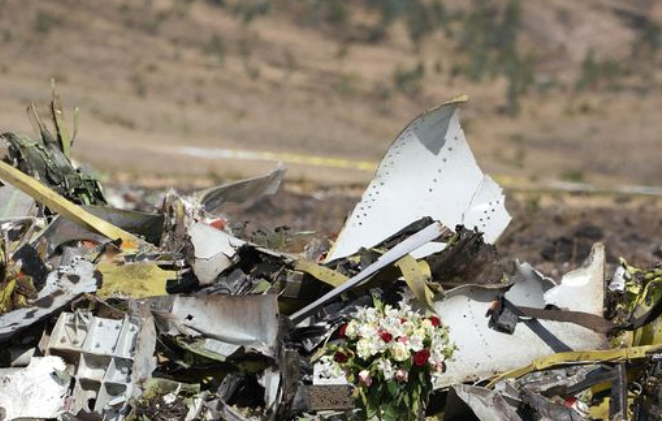×
The Standard e-Paper
Join Thousands Daily

Hours before investigators release the cause of the Ethiopian Boeing 737 Max-8 crash that killed 157 people, a British newspaper reports that a bird strike could have caused the calamity.
Quoting the American news network, ABC, The Mirror, which has a publishing agreement with Standard Digital, reports: